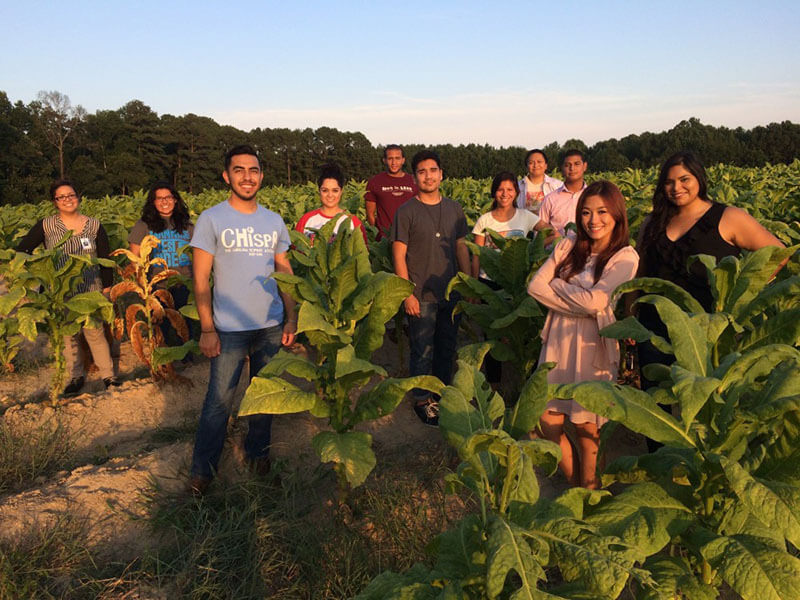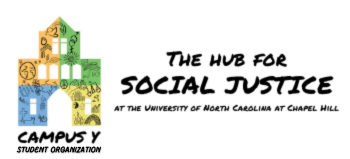
STORY AND IMAGE VIA The Daily Tar Heel
What does it mean to be a citizen? CURRENT ArtSpace + Studio and Carolina Performing Arts will be hosting Stories on Citizenship on Sept. 8. The event will have performances by various community groups and will offer discourse on citizenship and community by some UNC students. Staff writer Krupa Kaneria talked with Amanda Graham, the associate director of engagement at Carolina Performing Arts, to learn more about the upcoming event.
The Daily Tar Heel: How is the work that you do related to the Stories on Citizenship event?
Amanda Graham: I am the associate director of engagement at Carolina Performing Arts, which means that I am the person that sets up all of the contextual experiences around the performances that we have throughout the year on all of our stages. I also work with faculty to create syllabi around performances, and I work with student groups to create different events that are related to our seasons.
DTH: How did this event get started?
AG: I’d like to think of this event as one that is created by community groups, and a lot of students have influenced its direction as well. This season at Carolina Performing Arts is called “You Are Everything.” Co-creation is a big part of the Carolina Performing Arts season. The audience helps to create and is central to the performance. This whole idea of “You Are Everything” is related to co-creation, community and citizenship because in all of those things, there is an element of making choices and having agency so that you are choosing, as a citizen, how to invest in your community. You are choosing as a community member the type of network that you are involved with, and you are choosing as a creator how and when you want to create.
We were interested in working with community groups that really make up the fabric of what Chapel Hill is, to co-create with them so that they can express what citizenship means to them in terms of their mission, and then have them come together to do short performances that speak to the season’s themes but also express what community, citizenship, and co-create mean to their groups, respectively.
DTH: What types of stories will the event consist of?
AG: The event will consist of short performances by five community groups, and the performances will be facilitated by four emcees that are UNC undergraduates, all of whom have a relationship with the Campus Y in some way. The Campus Y has been central to the creation of Stories on Citizenship and has informed it direction. These four students have long been invested in the Chapel Hill community. They see Chapel Hill without a separation between the campus and the community outside of campus. Rather, they see themselves as citizens of both UNC and Chapel Hill jointly. The community justice work that they have done with a variety of organizations is what they are going to be anecdotally speaking about while emceeing the event.
DTH: What is the relevance of these conversations at this point in history?
AG: I think that, in general, discourse and dialogue is an important way of communicating, and unless we are talking to each other and sharing the stories that make us who we are as people and as communities, it is very difficult to connect with one another. I see this as an opportunity for new students and faculty to get to know the Chapel Hill community. I also see it as a way of opening up a forum or public conversation around a number of issues, including the changing definition of citizenship and what that means to all of us right now. I think that the arts and performances are often a thing that we can consider together in order to have difficult conversations that we otherwise wouldn’t be able to have.
